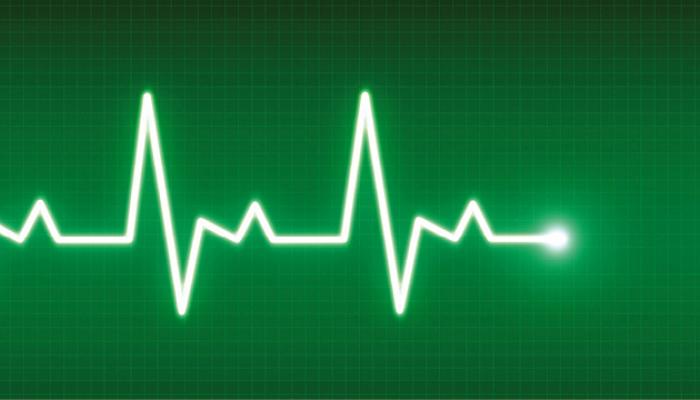
4.40 Cosa dire della donazione degli organi, delle trasfusioni di sangue e dei farmaci pesanti?
Per i cristiani, la carità è una parte molto importante della vita. Anche la donazione di organi e del sangue sono esempi di carità. È sempre importante capire che abbiamo ricevuto il nostro corpo da Dio che ci ama, e abbiamo la responsabilità di proteggerlo.
Alleviare il dolore è molto cristiano. Anche se la vita può abbreviarsi come risultato di un farmaco contro il dolore, questo trattamento può ancora essere etico. Questo si applica quando lo scopo non è quello di abbreviare la vita, ma di alleviare il disagio.
Are the transplant and donation of organs allowed before and after death?
The transplant of organs is morally acceptable with the consent of the donor and without excessive risks to him or her. Before allowing the noble act of organ donation after death, one must verify that the donor is truly dead. [CCCC 476]
What medical procedures are permitted when death is considered imminent?
When death is considered imminent the ordinary care owed to a sick person cannot be legitimately interrupted. However, it is legitimate to use pain-killers which do not aim at in death and to refuse “over-zealous treatment”, that is the utilization of disproportionate medical procedures without reasonable hope of a positive outcome. [CCCC 471]
Is organ donation important?
Donating organs can lengthen life or improve the quality of life, and therefore it is a genuine service to one’s neighbor, provided no one is forced to do it.
It must be certain that the donor during his lifetime gave his free and deliberate consent and that he was not killed for the purpose of removing the organ(s). Donation by living donors is also possible, for example, in bone marrow transplants or in the donation of one kidney. Organ donation from a cadaver presupposes a certain determination of death and the consent of the donor during his lifetime or else of his representative. [Youcat 391]
Is it permissible to offer assistance in dying?
To bring about death directly is always against the commandment “You shall not kill” (Ex 20:13). In contrast, to stand by and assist a dying person is humane and even obligatory.
What really matters is whether a dying person is killed or allowed to die and thus accompanied. Someone who intentionally brings about the death of a dying person (euthanasia) breaks the Fifth Commandment. Someone who helps another person in the dying process obeys the commandment “Love your neighbor.” In view of the certain impending death of a patient, it is therefore legitimate to withhold extraordinary or expensive medical procedures that are not proportionate to the expected outcome. The patient himself must make the decision to forgo “extraordinary” measures or must have stated this intention in an advance directive. If he is no longer capable of doing so, those who are legally entitled must represent the express or probable wishes of the dying person. Ordinary care of a dying person should never be discontinued; this is commanded by love of neighbor and mercy. Meanwhile it can be legitimate and in keeping with human dignity to use painkillers, even at the risk of shortening the patient’s life. The crucial thing is that the use of such medications must not aim at bringing about death, either as an end in itself or as a means of ending pain. [Youcat 382]
Transplants are a great step forward in science's service of man, and not a few people today owe their lives to an organ transplant. Increasingly, the technique of transplants has proven to be a valid means of attaining the primary goal of all medicine - the service of human life... One way of nurturing a genuine culture of life is the donation of organs, performed in an ethically acceptable manner, with a view to offering a chance of health and even of life itself to the sick who sometimes have no other hope. [Pope John Paul II, Address on transplantation, 29 Aug. 2000]





